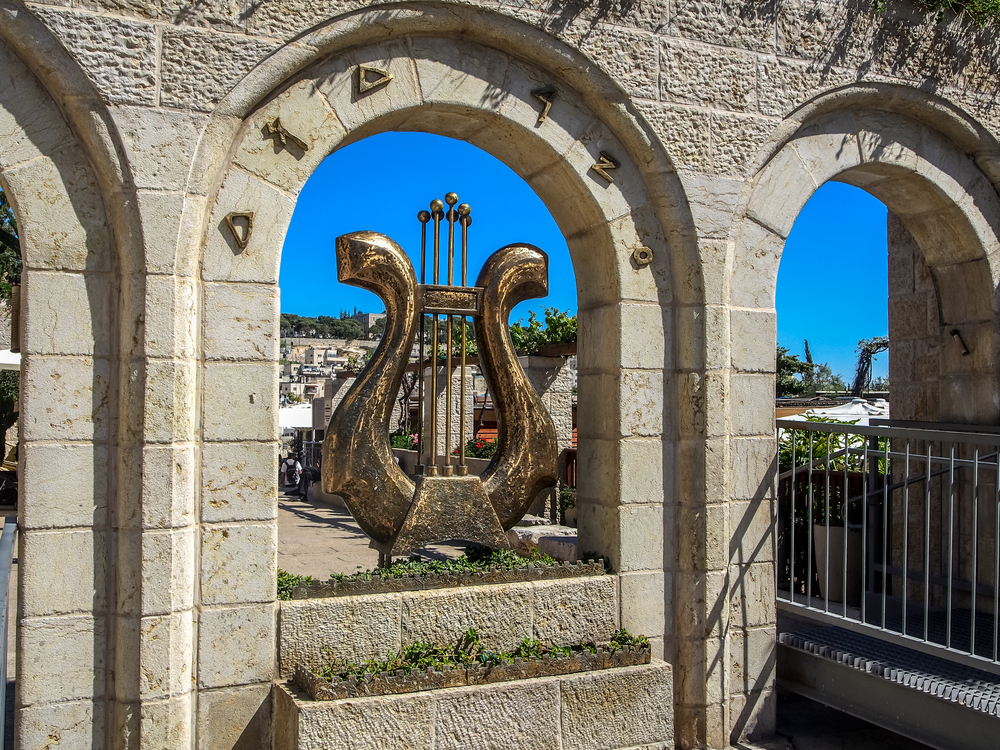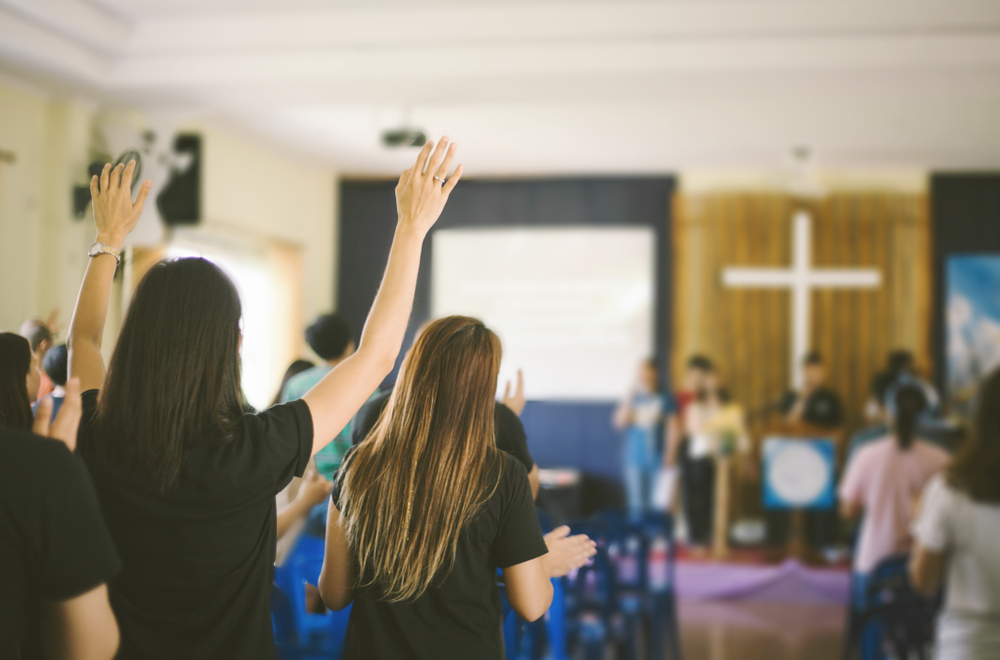
Traditionally, Psalms have been used extensively in both public and private worship, but in the twenty-first century their relevance is not always apparent. This course of six studies, drawing heavily on the work of Walter Brueggemann seeks to bring them to life in ways that resonate with life today for the thinking Christian.

1. The Psalms in Public and Private Worship
We might say the psalms have great “staying power.” Still, they come from a time and culture quite different from our own. How are we to make sense of these prayers? Why do they echo, even now, some of our deepest yearnings and our strongest fears?

2. Making Sense of the Psalms
Studying the Psalms is rather different from studying other parts of the Bible. They are, after all, written to be part of worship. This study looks at a few different approaches to making sense of the Psalms, finishing up with one that will guide the remaining four sessions in this course.

3. Psalms of Orientation
These psalms express a confident, serene settlement of faith issues. Some things are settled and beyond doubt, so that one does not live and believe in the midst of overwhelming anxiety. Such a happy settlement of life’s issues occurs because God is known to be reliable and trustworthy. This community has decided to trust in this particular God. Many of the Psalms give expression to that happy settlement, to the reality that God is trustworthy and reliable, and to the decision to stake life on this particular God.”

4. Psalms of Disorientation
Unlike triumphalist religion that goes “from strength to strength” in its well-ordered world, the faith that gives rise to these laments is a faith in a rather different God: one who is present in, participating in, and attentive to the darkness, weakness, and displacement of life. The God assumed by and addressed in these psalms is a God “of sorrows, and acquainted with grief.”

5. Psalms of New Orientation
The Psalms regularly bear witness to the surprising gift of new life just when none had been expected. That new orientation is not a return to the old stable orientation, for there is no such going back. Rather, the speaker and the community of faith are often surprised by grace, when there emerges in present life a new possibility that is inexplicable, neither derived nor extrapolated, but wrought by the inscrutable power and goodness of God.

6. A Reflection on the Studies
There can be no doubt that the Psalms are an important resource for spirituality and have been so for countless generations. That is indeed why we continue to study them. These words have mediated to persons and communities the presence of God. These studies have shown that private spirituality (communion with God) cannot be divorced from questions about social justice (a fair deal), and so the Psalms concern themselves with both. This final study offers the opportunity to reflect on this, and any other insights that have emerged during the course.


0 Comments